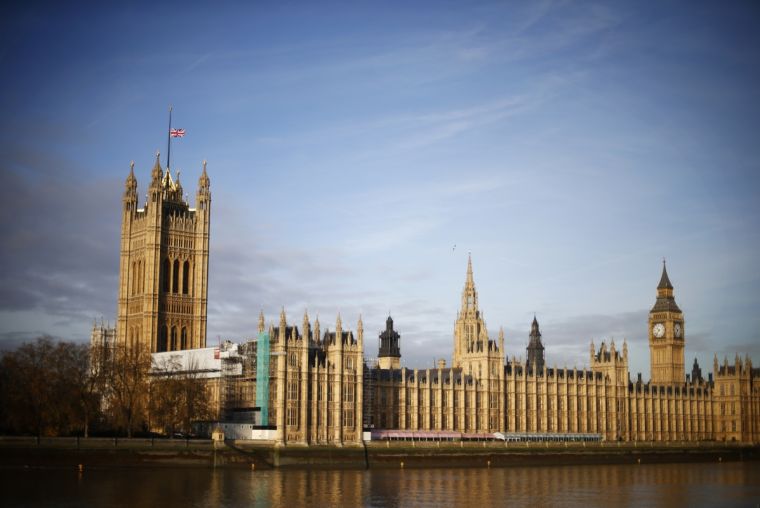Parliamentarians call on Britain to double places for vulnerable refugees
Christian Aid has welcomed a parliamentary report that says the UK should double the number of places it offers to vulnerable refugees and review its policy on allowing asylum seekers to work.
The International Development Committee, which monitors the work of the Department for International Development (DfID), published its report Forced Displacement in Africa: 'Anchors not Walls' today.

It says that DfID's work in Africa is 'undermined by the approach to refugees and asylum seekers at home'.
'The UK must do more to help alleviate the burden placed on some of the poorest nations in the world. The work of DFID to provide support on the ground is welcome but there is a lack of willingness to host refugees that should be rectified. It is not a choice between one or the other,' it says.
It recommends doubling the number of places from 5,000 to 10,000 a year, reserving a quarter for refugees from sub-Saharan Africa. In 2017-18 only 448 refugees came to the UK from that region; 'this is not enough', the report says.
It also says the UK should encourage African governments to support the rights of internally displaced persons in Africa.
Its findings were welcomed by Christian Aid, whose humanitarian policy and advocacy adviser Deborah Hyams told Christian Today: 'There are so many populations around the world who are displaced for years at a time, and for whom permanent resettlement is the only option. Parliament today adds its voice to many others calling for the UK to expand its resettlement schemes so we can give more people a chance to rebuild their lives in safety.
'The scale of the need is huge. Even if the government increases its resettlement places to 10,000 annually, as the report recommends, this pales in comparison to the refugee populations hosted by many African countries. The UK can and must do more.'
Committee chair Stephen Twigg MP said that in some African nations refugees had been given the same access to markets, health facilities and schools as their host communities.
'This is, however, not an easy option for host countries. While we recognise the great improvements that the right to work and right to movement can bring, it can be unpopular and costly in nations where livelihoods are scarce and incomes low.
'That is why it is so important that the UK behaves at home as it is asking some of the world's poorest nations to do. We should not be asking nations to house and employ refugees when the numbers we take in are so small, and the employment freedoms limited. That is why we have called on the Government to raise the number of vulnerable refugees the UK takes in per year from 5,000 to 10,000, of which 2,500 should be dedicated for Sub-Saharan Africa.'
He added that the committee had 'significant concerns about the Government's continued engagement with Sudan and Libya on migration and displacement. The brutality of the conditions of Libyan detention camps are well documented, as are human rights abuses in Sudan. The Government's work in these areas' risks undermining its commitment to human rights and its ability to protect some of the world's most vulnerable people.'











